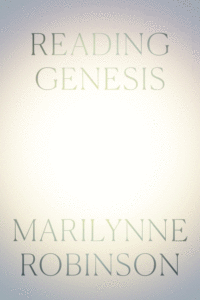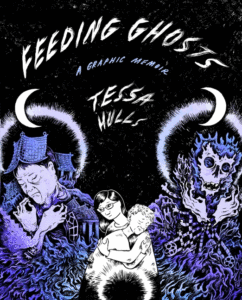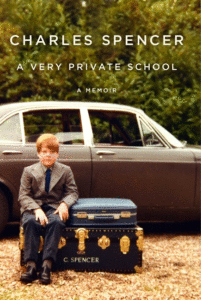
March’s Best Reviewed Nonfiction
Featuring New Titles by Marilynne Robinson, Tessa Hulls, Kristine S. Ervin, and More
Marilynne Robinson’s Reading Genesis, Tessa Hulls’ Feeding Ghosts, and Kristine S. Ervin’s Rabbit Heart all feature among the best reviewed fiction titles of the month
Brought to you by Book Marks, Lit Hub’s home for book reviews.
*
1. Reading Genesis by Marilynne Robinson
(Farrar, Straus and Giroux)
8 Rave • 4 Positive • 2 Mixed
“A writer’s book, not a scholar’s; it has no footnotes. Its power lies in the particular reading it gives us of one of the world’s foundational texts … There are some arguable points. Robinson’s depiction of law as a framework of instruction that is up to us to keep or break is extremely modern and individualistic, and doesn’t square with the enforced tribal behavior of the Mosaic code … These are the idiosyncratic incidentals of a genuinely idiosyncratic reading. Against them, there is the tough-minded continual splendor of Robinson’s attention to Genesis’ figures in the landscape.”
–Francis Spufford (The New York Times Book Review)
2. Feeding Ghosts: A Graphic Memoir by Tessa Hulls
(MCD)
6 Rave
Read an excerpt from Feeding Ghosts here
“What’s most compelling about Feeding Ghosts isn’t its narrative. It’s the way Hulls’s voice interjects throughout and questions her own assumptions about so-called ‘history’ … Hulls’s narrative voice is uniquely captivating because she combines her cartoonist quirkiness with both a fine artist’s eye for page composition and a willingness to dive into dense subject matter without grasping for easy closure.”
–Martin Dolan (The Los Angeles Review of Books)
3. A Very Private School: A Memoir by Charles Spencer
(Gallery Books)
4 Rave • 3 Positive
“What’s striking about the book isn’t just its vehemence and the therapeutic purpose it serves in allowing Spencer to ‘reclaim’ his childhood, but the authenticating detail of his memory … If you didn’t already think it obscene for children as young as eight to be banished from home for two-thirds of the year, you will after finishing this account.”
–Blake Morrison (The Guardian)
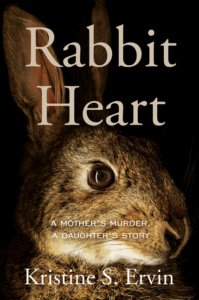
4. Rabbit Heart: A Mother’s Murder, a Daughter’s Story by Kristine S. Ervin
(Counterpoint)
5 Rave • 1 Positive
“A devastating account from the other side of murder, outlining in stark detail the trauma we fail to recognize when we consume tragedy as entertainment … Ervin writes with painful clarity about the instability of a childhood defined by public tragedy … She is particularly skillful at examining the conflict inherent in commodifying female sexuality — while simultaneously punishing women for being looked at.”
–Alissa Bennett (The New York Times Book Review)
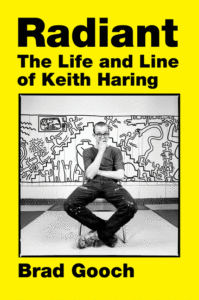
5. Radiant: The Life and Line of Keith Haring by Brad Gooch
(Harper)
3 Rave • 4 Positive
“Finding a chronicler with the proper combination of familiarity and detachment can be like going on a series of bad Hinge dates, but in Gooch, Haring has met his match. Radiant, referring to both Haring’s recurrent drawing of a crawling baby and his own fast-burning star, is a faithful retracing of his steps, with over 200 people interviewed or consulted: devoted and probably definitive. (The word ‘magisterial’ is too stuffy to apply to its subject, who favored jeans, sneaks and bared biceps) … [Gooch] is a poet, which shows in phrasing at once shrewd and evocative … With licensing and replication now turbocharged — you can buy Haring wares on the sale rack at Uniqlo—Gooch’s book insists readers slow down and consider the artist’s legacy. And its cover feels like a secret handshake, done in the colors of an old-fashioned New York City taxicab.”
–Alexandra Jacobs (The New York Times)
Book Marks
Visit Book Marks, Lit Hub's home for book reviews, at https://bookmarks.reviews/ or on social media at @bookmarksreads.










